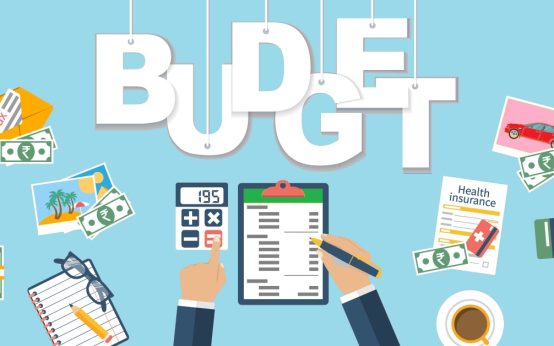
Set up reminders with your bank, so you get texts or emails when bills are due. Or use stickers to remember deadlines, then focus on stuff that suits you better.
Research says about 8.7 million American adults deal with ADHD. For them, handling money can be a real headache. It might mean paying more for stuff, struggling to keep a job, or finding it hard to save. This is called the ADHD tax. But there are ways to deal with it.
What Exactly Does the ADHD Tax Mean?
For folks with ADHD, managing money can feel like an uphill battle. That’s because staying focused, organized, and on top of bills can be a real struggle. It’s like having a constant mental buzz that makes it hard to remember important stuff and control impulsive spending. This can lead to what’s called the ADHD tax – extra costs from late fees, debt, and buying stuff you don’t really need.
Imagine forgetting to pay your credit card bill on time and getting slapped with hefty fees and sky-high interest rates. Or impulsively splurging on things you see online, only to regret it later. It’s frustrating, right? And it’s not just about money – it’s about feeling overwhelmed and stressed out by everyday tasks.
But there are ways to ease the burden. Setting reminders, using budgeting apps, and finding support from friends or family can make a big difference. By finding strategies that work for you, you can take control of your finances and reduce the impact of the ADHD tax.
The ADHD Tax: How It Impacts Your Life
Living with a partner who has ADHD can present unique financial challenges for families. For instance, difficulties in budgeting and financial planning can arise due to the individual’s struggles with executive dysfunction and feeling overwhelmed. This can hinder effective communication and decision-making about money matters, impacting the family’s financial stability and long-term goals.
When adults with ADHD are responsible for managing family finances, it can lead to instability in income and financial decisions. Impulsive behavior and difficulty maintaining employment can result in frequent job changes, affecting the household’s financial security. Moreover, neglecting credit responsibilities may lead to damaged credit scores and increased fees, making it harder to access loans and secure essential purchases.
Overall, the extended impact of ADHD on family finances underscores the importance of understanding and addressing the unique challenges faced by individuals with ADHD in managing money effectively.
How to Reduceyour ADHD Tax
Reducing the financial impact of ADHD begins with obtaining an accurate diagnosis, which can provide valuable insights and clarity. Since receiving the diagnosis, individuals with ADHD can better understand themselves and develop effective financial wellness plans without feeling overwhelmed.
To mitigate the challenges associated with ADHD and lower the associated tax, consider implementing the following strategies:
- Utilize electronic calendar reminders for bill payments and time-sensitive tasks to ensure timely action.
- Keep important paperwork in plain sight to increase awareness and prompt action.
- Embrace novelty and experiment with different organizational methods, such as using stickers or visual cues to manage tasks.
- Be open with trusted individuals about ADHD and ask for their support and reminders when needed.
By implementing these strategies and fostering open communication with others, individuals with ADHD can better manage their finances and regain a sense of control over their lives.
You can do it!
If managing money feels like an uphill battle due to ADHD, don’t worry – there are ways to ease the burden. By setting reminders and using tools like budgeting apps, you can stay on track with your finances. Remember, you’re not alone – millions of adults struggle with ADHD, but with the right strategies, you can take control and minimize the impact of the ADHD tax on your life.



 How tolower your monthly Mortgage Payment <p style=' font-weight: normal; line-height: 1.9rem !important; font-size: 17px !important;'> When money is tight, finding ways to cut expenses becomes crucial. Your mortgage payment, being one of the largest portions of your budget, naturally comes under scrutiny. </p>
How tolower your monthly Mortgage Payment <p style=' font-weight: normal; line-height: 1.9rem !important; font-size: 17px !important;'> When money is tight, finding ways to cut expenses becomes crucial. Your mortgage payment, being one of the largest portions of your budget, naturally comes under scrutiny. </p>  8 Must-Read Books for Entrepreneurs
8 Must-Read Books for Entrepreneurs  What Is Zero-Based Budgeting? <p style=' font-weight: normal; line-height: 1.9rem !important; font-size: 17px !important;'> Financial experts emphasize the importance of incorporating savings into your overall financial plan. </p>
What Is Zero-Based Budgeting? <p style=' font-weight: normal; line-height: 1.9rem !important; font-size: 17px !important;'> Financial experts emphasize the importance of incorporating savings into your overall financial plan. </p>